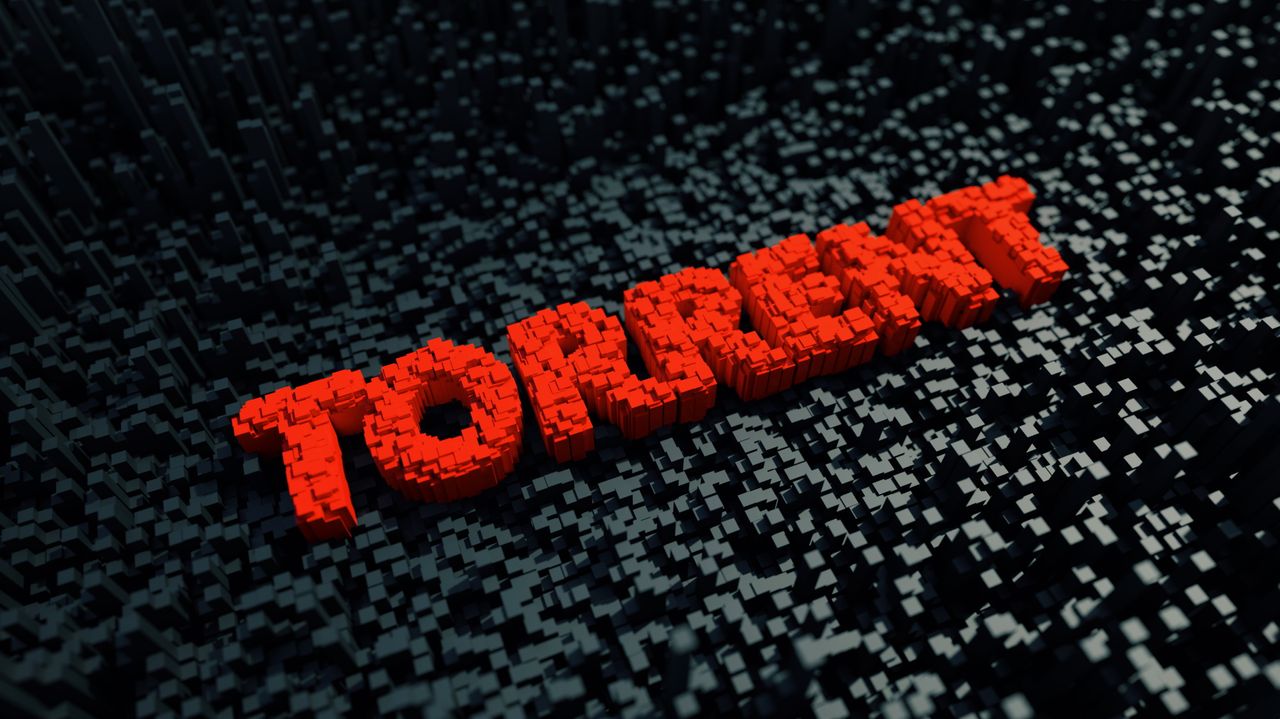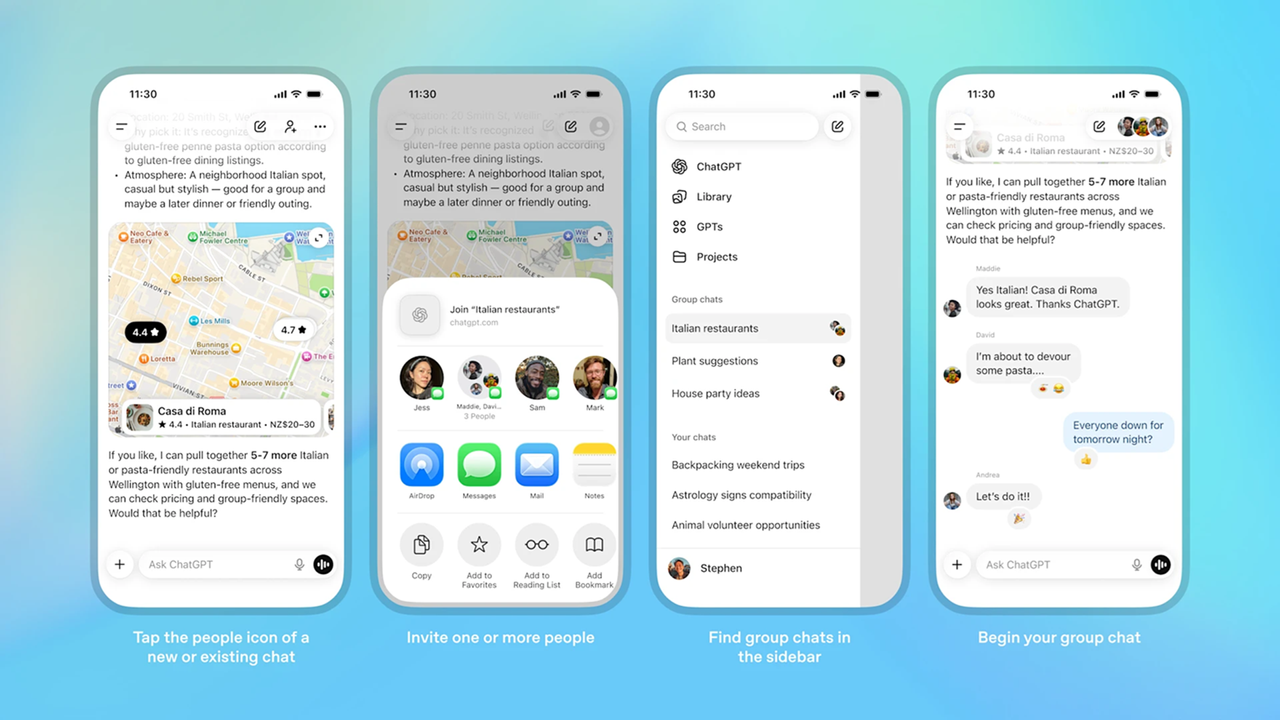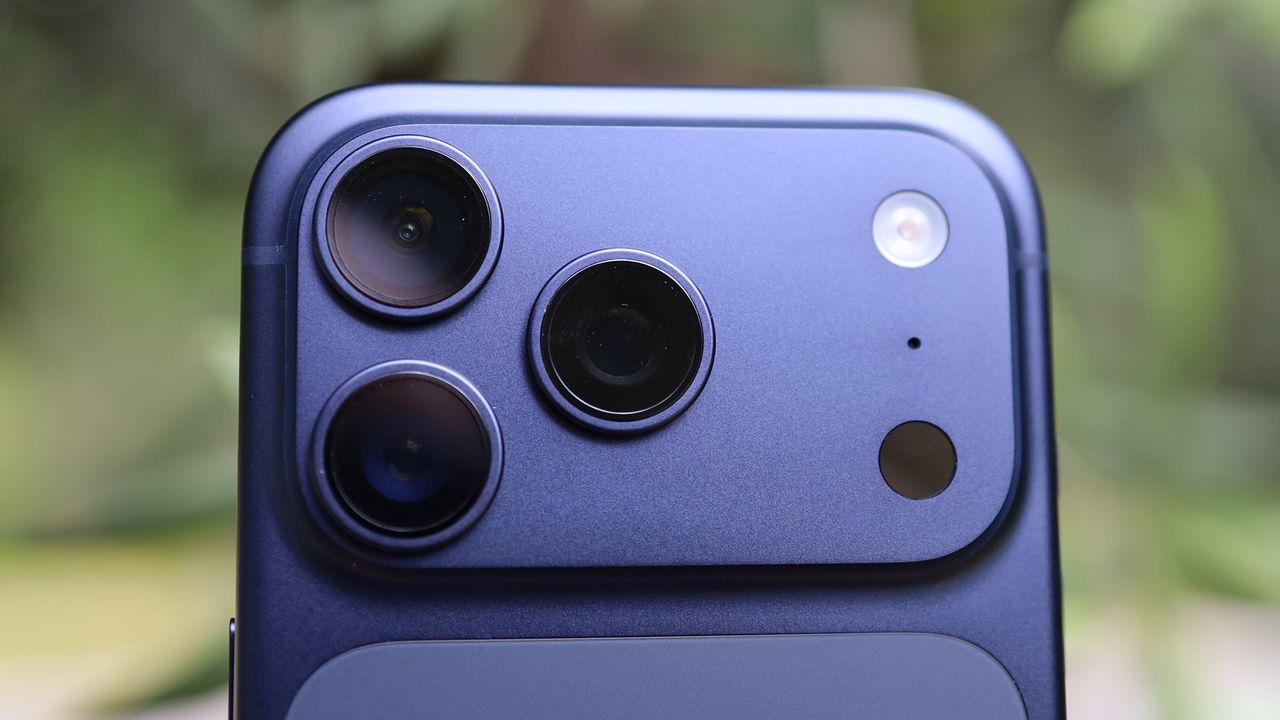IEEE Computer Society
Disaggregating LLM Infrastructure: Solving the Hid...
Large language models (LLMs) are accelerating in capability—but their infrastructure is falling behind. Despite massive advances in generative AI, current serving architectures are inefficient at inference time, especially when forced to handle highly asymmetric compute patterns. Disaggregated inference, the...
Copilot Ergonomics: UI Patterns that Reduce Cognit...
AI copilots help people draft, review, and decide. The payoff appears in the last step: the user interface where a person reads a suggestion and chooses what to do next. When that screen hides uncertainty or punishes exploration, progress...
The Myth of AI Neutrality in Search Algorithms
It’s been nearly 6 months since Google introduced AI search with the promise of taking the legwork out of searching. AI search definitely has the potential to offer us a respite from the downsides of heavily SEO and advertisement-driven...
Gen AI and LLMs: Rebuilding Trust in a Synthetic I...
Generative AI has changed how we create and consume information almost overnight. Large Language Models (LLMs) can now draft articles, produce visuals, and simulate voices that feel indistinguishable from reality. It’s dazzling and a little unnerving. The same systems...
How AI Is Transforming Fraud Detection in Financia...
Artificial intelligence is reshaping how financial institutions combat fraud. Instead of relying on static rules, modern systems learn patterns from data in real time, identifying anomalies, preventing false positives, and uncovering organized crime networks. This article explores how AI...
How AI-Powered Wearables Are Redefining Assistive ...
For decades, assistive technology (AT) has bridged gaps, helping people with disabilities read, hear, move, or communicate. From early mechanical aids and prosthetics to digital breakthroughs like cochlear implants and screen readers, these tools expanded human capability – though...
Architecting the Future of Energy-Efficient Microp...
An Interview with Antonio González, Professor of Computer Architecture at Universitat Politècnica de Catalunya (UPC), 2025 B. Ramakrishna Rau Award Recipient. His groundbreaking work in processor microarchitecture, compiler optimization, and energy-aware computing has shaped the evolution of modern computing...
IEEE Computer Society Junior Camp: Giving Students...
The benefits of STEAM methodology for students abound, from advanced critical thinking and problem-solving skills to the application of abstract mathematical concepts and even frustration management. But STEAM learning can be difficult because it is hard to build STEM...
How To Use AI To Bring Clarity in Chaotic Data Lak...
A step by step guide on how to use LLM + GNN duo to get structure in Data Lakes. Data Lake is a centralized storage repository that is used to store raw data from multiple sources in a structured,...
Shaping the Future of HPC through Architectural In...
An interview with John Shalf, recipient of the 2025 Seymour Cray Award. John Shalf is Department Head for Computer Science at Lawrence Berkeley National Laboratory and former Deputy Director for Hardware Technology on the U.S. Exascale Computing Project (ECP),...
Reimagining AI Hardware: Neuromorphic Computing fo...
An Interview with Hai (Helen) Li, Marie Foote Reel E’46 Distinguished Professor and Department Chair of Electrical and Computer Engineering at Duke University, whose pioneering work in neuromorphic computing, AI hardware design, and memory architecture has helped shape the...
Quantum Insider Session Series: Strategic Networki...
As part of our quantum computing business skills series, we’re excited to invite you to attend a live session on Strategic Networking in the Quantum Ecosystem for Collective Success with Alaina Kanfer from UIUC NCSA. A version of this...
Computing’s Top 30: Sukanya S. Meher
Sukanya S. Meher loves a good intersection. Especially the one between theory and application, which she first seriously explored in the realm of superconductor electronics. Today, Meher works in electronic design automation (EDA), bringing with her a unique perspective...
Securing the Software Supply Chain: Challenges, To...
What is Software Supply Chain (SSC) Let’s understand the definition by an example. Imagine a software development team is building an ASP.NET Core API with Angular frontend. Followings are the technical components: Source Code: C# and TypeScript/Javascript code Dependencies:...
Computing’s Top 30: Tejas Padliya
Balancing technology and social good is tricky; doing it well requires both practical expertise and a compelling vision. For software engineer Tejas Padliya, alchemizing the two is the driving force in his work. Padliya’s expertise is in AI and...
Reimagining Infrastructure and Systems for Scienti...
An interview with Ewa Deelman, recipient of the 2025 Sidney Fernbach Memorial Award. Dr. Ewa Deelman is the Research Director at USC’s Information Sciences Institute and Research Professor in the USC Computer Science Department, whose pioneering work in workflow...
IEEE 2881: Learning Metadata Terms (LMT) Empowers ...
Introduction Learning Metadata Terms (LMT) is a standard that connects metadata terms in practice with the purpose of solving many use cases common to e-learning. While there are other metadata standards, they have been inadequate for keeping up with...












 English (US) ·
English (US) ·